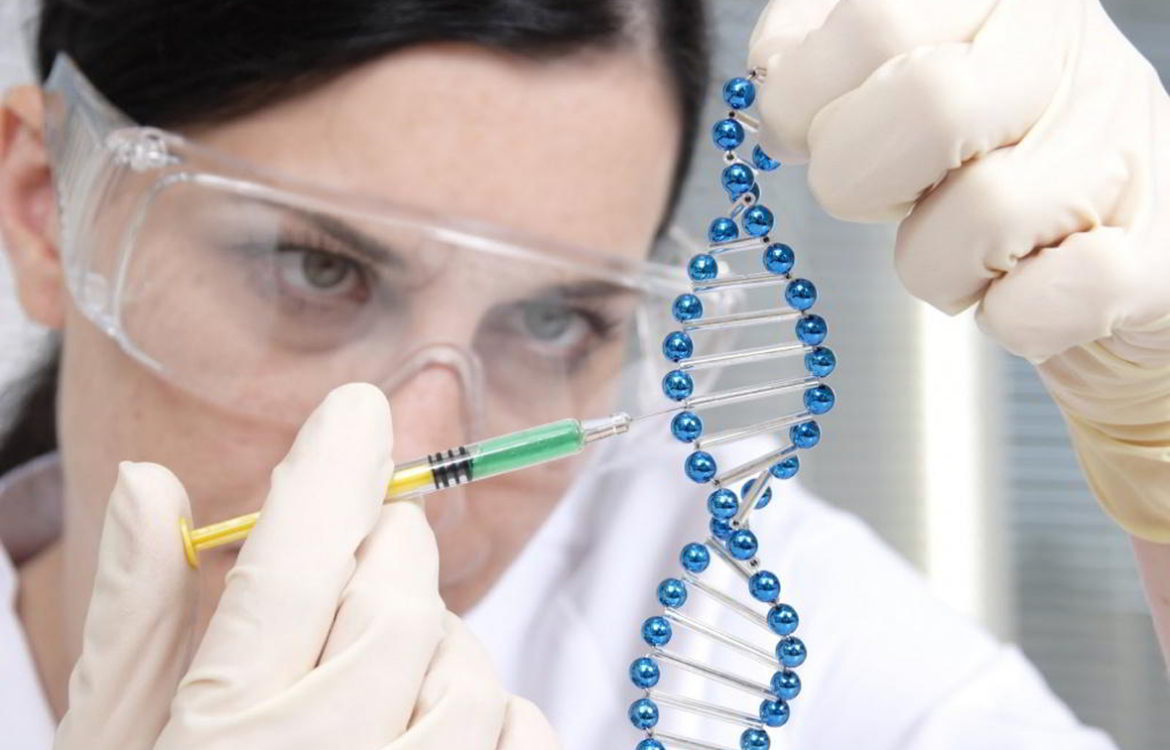5. Environmental Exposures
Pollutants and endocrine-disrupting chemicals prevalent in urban areas can interfere with epigenetic regulation. Efforts to improve air quality and reduce chemical exposure contribute to healthier gene expression.
Advertising
Epigenetics in UK Public Health and Medicine
Epigenetic research is beginning to inform personalised medicine in the UK. For example, epigenetic biomarkers can help predict individual responses to treatments or disease risk, allowing targeted prevention strategies.
The NHS and research institutions are investing in epigenetics to better understand conditions such as cancer, diabetes, and mental illness, aiming to develop interventions that modify epigenetic factors.
Ethical and Social Considerations
While epigenetics offers exciting potential, it also raises ethical questions. Awareness that lifestyle can affect descendants may motivate positive change but could also lead to blame or stigma, especially around prenatal behaviours.
Ensuring equitable access to education, healthy food, and healthcare is crucial to prevent widening health disparities linked to epigenetic influences.
Practical Steps to Support Healthy Epigenetics
-
Eat a Balanced Diet: Focus on nutrient-dense foods rich in vitamins and antioxidants.
-
Stay Physically Active: Aim for at least 150 minutes of moderate exercise weekly.
-
Manage Stress: Incorporate relaxation techniques and social connections.
-
Avoid Smoking and Limit Alcohol: Seek support to quit smoking and drink responsibly.
-
Minimise Exposure to Pollutants: Use air purifiers indoors and support environmental initiatives.
The Future of Epigenetics: Hope and Challenges
As research advances, epigenetics could revolutionise healthcare by enabling prevention and treatment tailored to individuals’ epigenetic profiles. UK initiatives aim to translate this knowledge into accessible tools and policies promoting lifelong health.
However, more longitudinal studies are needed to fully understand how lifestyle-induced epigenetic changes affect long-term health and heredity.
Conclusion
Epigenetics transforms our understanding of genetics from a fixed fate to a flexible interplay between genes and environment. In the UK, where lifestyle factors significantly impact public health, recognising how our choices shape gene expression empowers individuals and society to promote wellness not just for today but for generations to come.
By embracing healthy habits and supporting policies that reduce harmful exposures, we can influence our biological destiny — proving that while we inherit our genes, how we live can rewrite their story.

